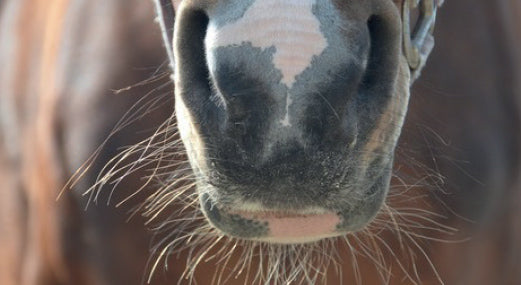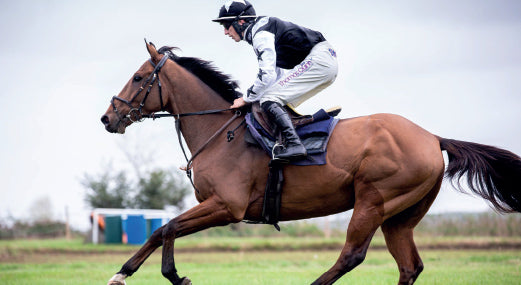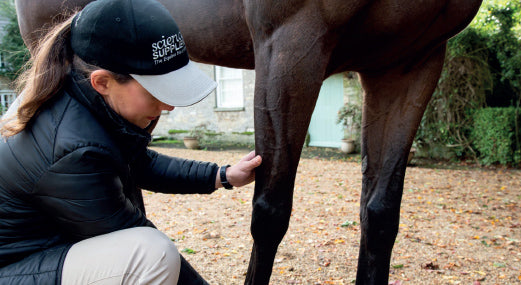Equine
Does Intra-articular Steroid Therapy Affect Tendon Structure?
Deep digital flexor tendon (DDFT) injuries including those accompanying degenerative changes of navicular bone are a major cause of lameness associated with navicular disease. Injection of corticosteroids into the nav...
Read More
Thoroughbred use, health and owner satisfaction following retirement from racing
Each year a great many Thoroughbred racehorses retire and are rehomed for alternative careers unrelated to racing. Whilst studies investigating racehorse health are frequent, there are few regarding the health of Thor...
Read More
Is sprouted barley beneficial to gut health?
Sprouted cereals have a better digestibility and contain oligosaccharides that act as prebiotics improving and stabilising the intestinal flora. Researchers in Spain have recently studied if supplementation with germi...
Read More
Accuracy of diagnostic tests for detection of strangles carriers
Strangles, infection of the upper respiratory tract with Strep equi var. equi, is common in the equine population. A subclinical ‘carrier’ status exists in which residual bacteria persist, usually in the guttural pouc...
Read More
Natural vs. Synthetic Vitamin E Supplementation in Exercising Horses
Vitamin E is abundant in fresh grass but becomes unstable, reducing the amount available to the horse, in the process of baling and storing hay. Horses without access to pasture therefore require supplemental vitamin ...
Read More
Can inspiratory muscles be trained to aid upper respiratory tract stability?
Inspiratory muscle training (IMT) applies a training stimulus directly to the muscles responsible for breathing in. Evidence from human studies indicate that inspiratory muscles can adapt to exercise training (1) usin...
Read More
Novel camera pill to visualise the gastrointestinal tract
It is difficult to perform a thorough internal examination of the horse’s intestinal tract which often limits the ability to diagnose intestinal disease. Imaging techniques are mainly limited to examination of the sto...
Read More
Is an Annual Booster Sufficient to Protect my Horse from Equine Influenza?
As we all found out last year, equine influenza (EI) is a highly contagious respiratory disease. Mandatory vaccination for Thoroughbred racehorses has been implemented in the UK and Ireland for nearly 40 years. Vaccin...
Read More
How long does equine herpesvirus type‐1 persist in the environment?
Equid herpesvirus type 1 (EHV‐1) is widespread in equine populations. Whilst the majority of horses have been exposed to this virus by 1 year of age, and typically experience only mild respiratory disease, viral infec...
Read More
Scoring system finds lameness in horses considered sound by their owners
Low grade lameness in ridden horses is more common than recognised by owners. A previous UK study of 506 sports horses in full work and presumed to be non‐lame found that 47% were lame or had other pain‐related gait a...
Read More
No Foot, No Horse? Are low heels associated with hind limb lameness?
Low heels are the most common abnormal hoof conformation seen in both the front and hind feet of horses. This conformation causes a ‘broken‐back’ hoof‐pastern axis and hyperextension of the distal interphalangeal (cof...
Read More
Assessment of injury risk in high level eventing horses
In human sport science, the acute:chronic workload ratio (ACWR) is used to monitor an athlete’s preparedness for competition and to assess risk of injury. Researchers in the Netherlands have conducted a study investig...
Read More













